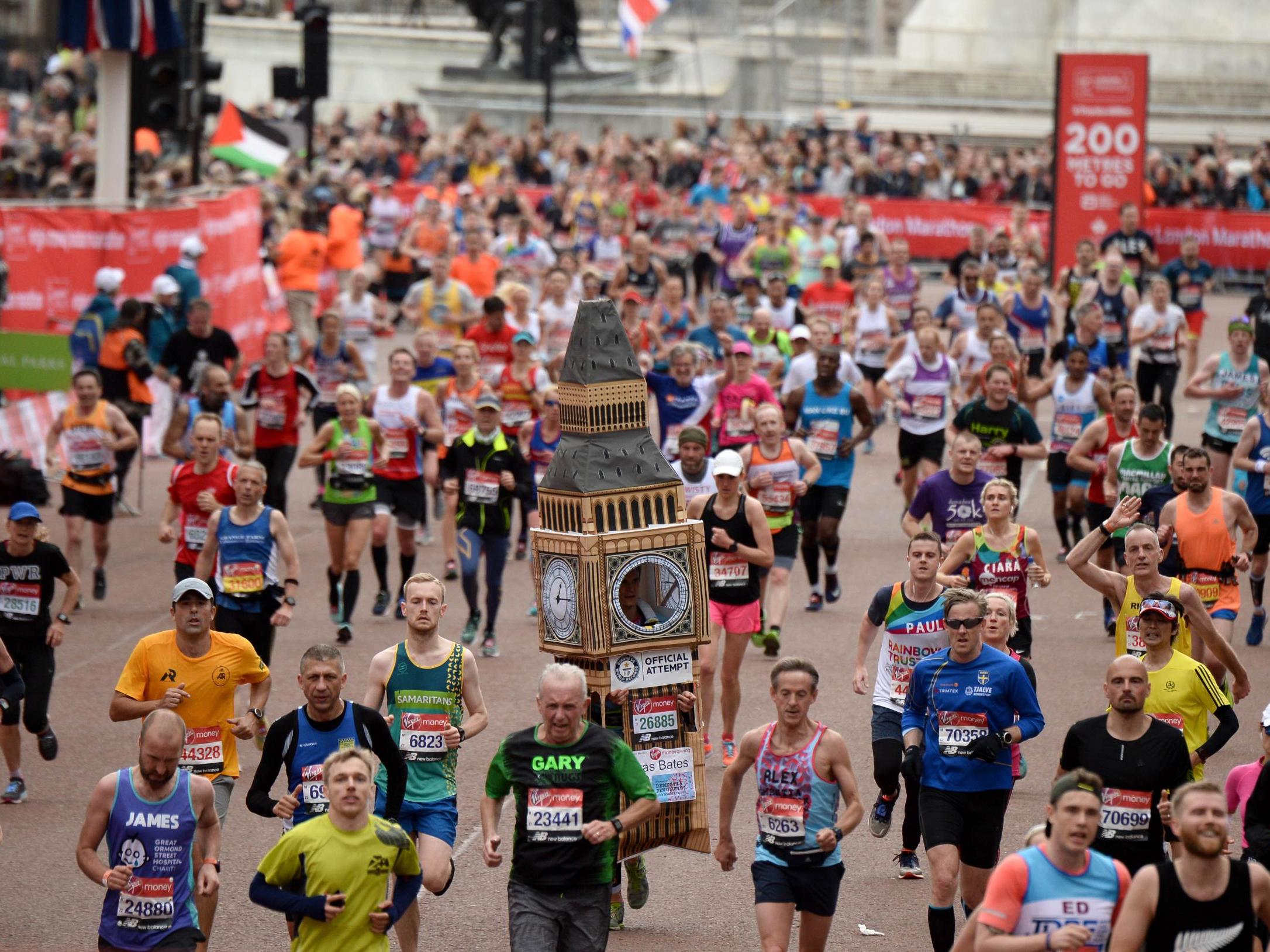The value of the half-marathon in preparing for the real thing
Many marathoners book a race at half the distance, so Jack Rathborn assesses why it can be so beneficial


One significant adjustment to the preparation for my second marathon is the inclusion of a half-marathon race in my training.
There were numerous reasons for this, which I will detail later, but perhaps the most important one is clarifying my goal time for the real thing. Any marathoner will tell you how they’ve spent several hours over a training camp checking race calculators optimistically, as well as mentally translating their latest splits in the hope they are on track to shave chunks off their personal best.
But what does it truly mean based off your time from a year ago (if you have even completed 26.2 before), given many will have entered training this time in different shape or under different circumstances. The half-marathon should therefore offer clarity in the closing weeks of training and either provide confidence that you on are course for your optimistic goal or firmly push you towards adjusting that time.
While advice varies as to when you should drop a half-marathon in, the only consensus appears to be allowing enough time to recover before the big race itself, meaning at least three to four weeks out. I have chosen the Richmond half-marathon, and although it’s a little premature nine weeks out from London, its close proximity to where I live was enough to persuade me.
I hope to achieve much more than merely refocusing my training with a more accurate goal time though.

The morning routine last year at Brighton involved a lot of experimentation without the benefit of racing in the build-up, so this time I am looking to the half for practice in mentally preparing myself for 26 April.
Due to work shifts at weekends, I do not have as many opportunities as most to do my long runs on Sunday mornings at around the time I will eventually be racing, so this will be an excellent chance to see how the body adapts, making sure I’m up sufficiently early enough, eating a proper breakfast and being able to relax on my way to the start line in good time.
The last benefit I hope to gain will be how my body adjusts to the pacing of this half-marathon. That will depend on whether I go all-out, run the 13.1 miles at a realistic marathon pace, or do go at marathon pace for 10 miles before attempting to speed up at the end.
The experience should bring confidence or allow adjustments to ensure mistakes will not be repeated for the real thing, which is essentially what every runner is striving for, no matter their ability.
Join our commenting forum
Join thought-provoking conversations, follow other Independent readers and see their replies
Comments